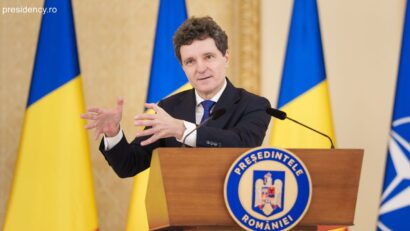Negotiations on the pay system in Romania
Government, trade union and employers' association representatives held a first round of consultations on the minimum wage in 2017.

Mihai Pelin, 29.11.2016, 13:46
The minimum wage in 2017 and the Law on the unitary pay system were topics addressed on Monday by representatives of the Government, trade unions and employers associations within the National Tripartite Council. No solution was found and negotiations in that format will continue shortly after the parliamentary elections due on December 11th. During the talks, trade unions proposed the increase of the minimum wage by 200 lei, that is 44 Euros in early 2017, while the government spelled out several scenarios, including an increase of one hundred lei, that is 22 Euros. T
he president of the Cartel Alfa Trade Union Confederation Bogdan Hossu said at the end of the National Tripartite Council session:
“Trade unions mainly tackled the increase in the minimum wage by 200 lei, that is from 1250 lei (277 Euros) at present to 1450 lei (322 Euros) as of January 1st 2017. Another meeting will take place shortly after the elections. The government resolution on the guaranteed minimum wage in 2017 will probably be endorsed during the December 14th session.”
Starting next year, the level of the minimum wage is going to be established using a calculation system that a group of independent experts, proposed by stakeholders, is currently working on. This study shows how many people get the minimum wage in Romania, highlighting their exposure to poverty. Also, the study proposes several scenarios regarding the minimum wage and the impact that each of them would have on the economic environment.
The Labour Minister Dragos Pislaru has stated that several steps are required for the minimum wage to be established, among which the centralization of the proposals made by trade union confederations and employers associations. As to the unitary pay system, he has said that 19.5 billion lei, that is 4.3 billion Euros should be earmarked to solve all inequities related to incomes in the public sector. According to a government press release, in 2017, the average pay rise out of public funds will stand at 37.3%, correlated with the forecast economic growth, and the ratio between the minimum wage and the maximum wage will be 1/13.
The president will have the highest salary and the prime ministers salary will be cut down by 300 lei as compared to the net salary of 15.825 lei (3516 Euros) he received at the beginning of this year. Increases will also benefit hard-to-fill jobs (30%), for instance physicians and experts in the IT sector, to make up for the cases in which staff recruitment is difficult. The draft law is going to be forwarded to stakeholders in the run up to the consultations to be held at the Labour Ministry.






























